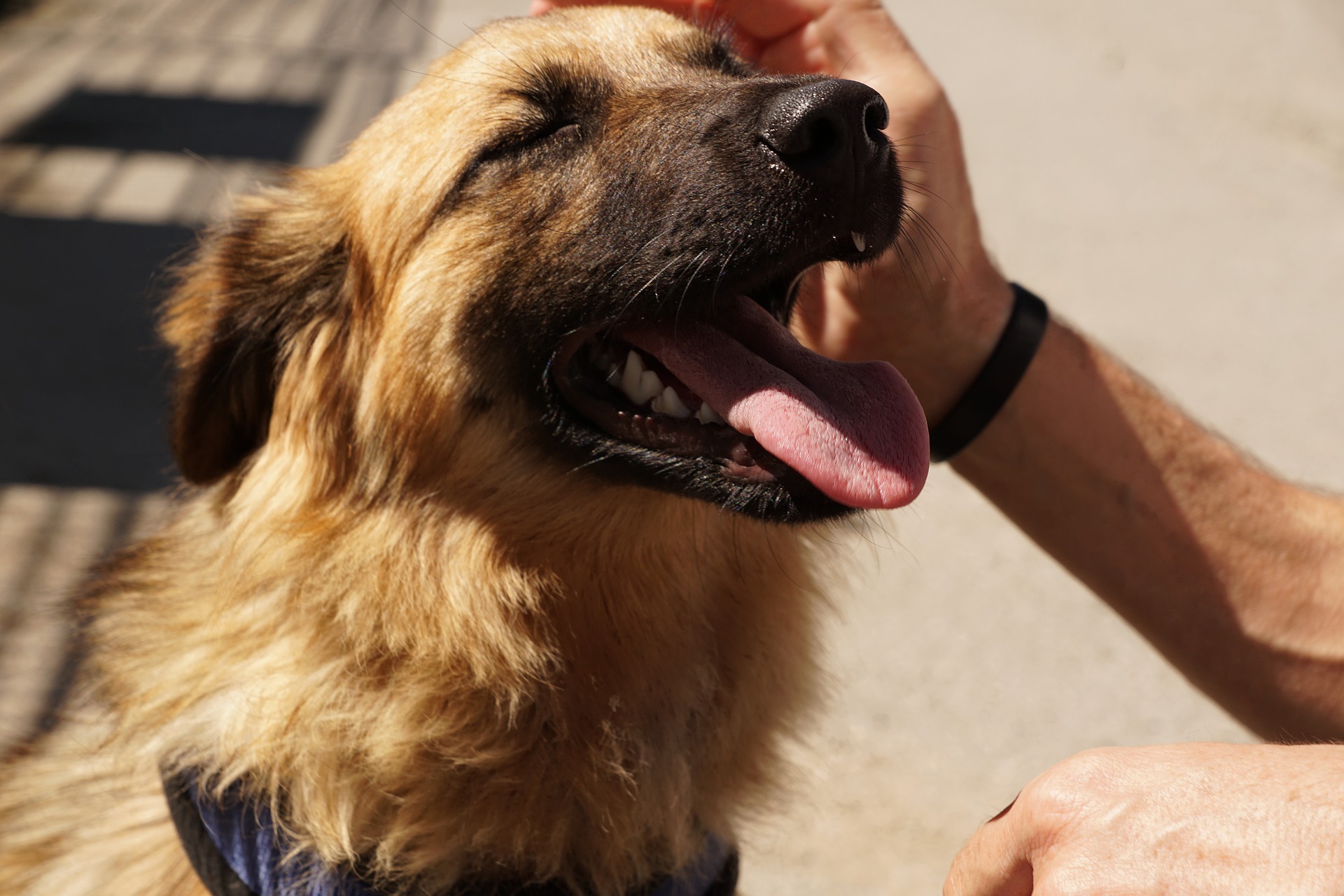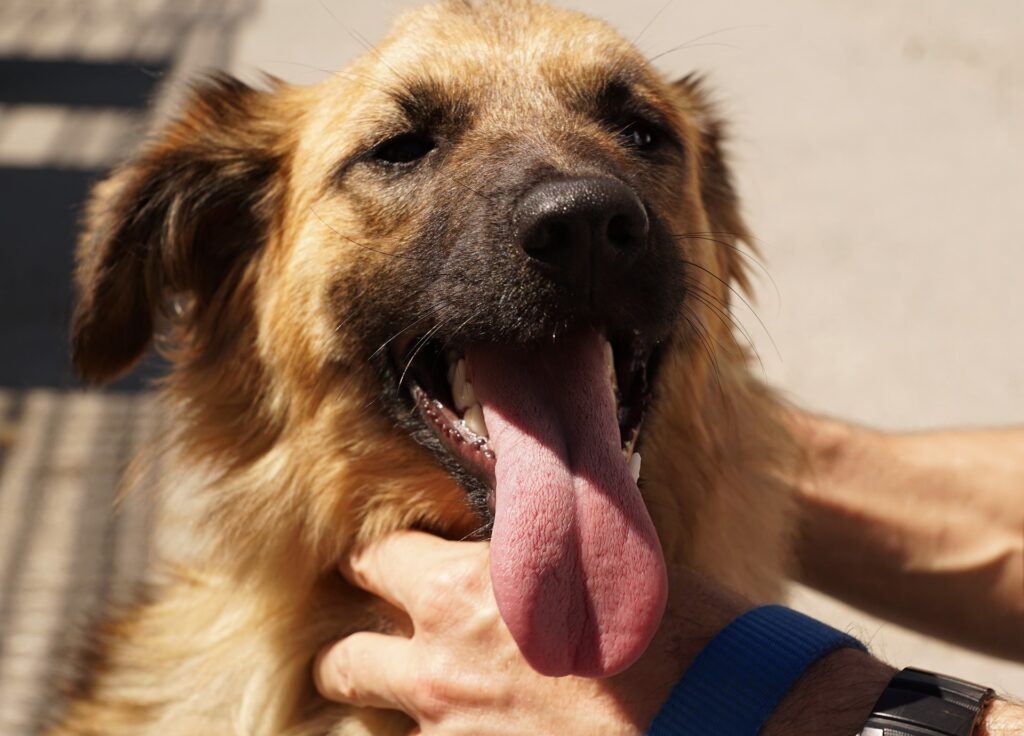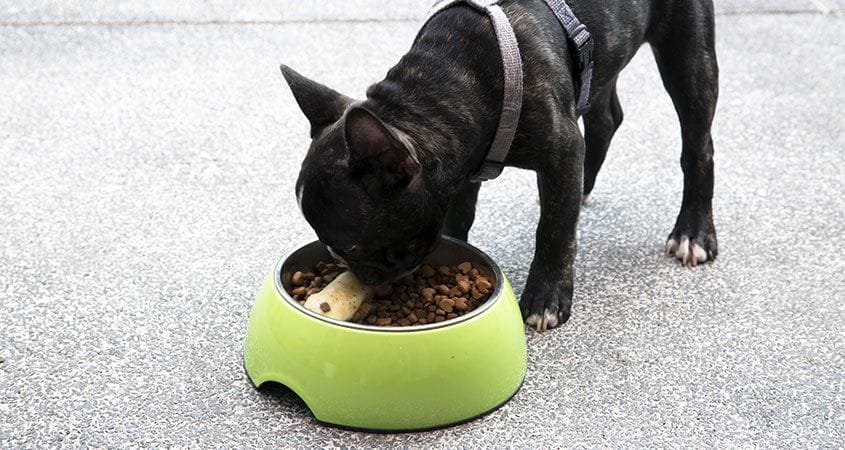Why Does My Dog’s Breath Smell So Bad?
Even if you give your dog’s breath regular dental treatment, he may still have terrible breath. When oral hygiene is neglected, odors can soon become more overpowering. Regardless of how recently you became aware of your dog’s poor breath or how long it has been a problem for your dog, there are steps you can take to improve your dog’s breath.
Dog and cat owners can combat this issue by determining the core cause and then remedying and reducing odor. When it comes to oral hygiene and fresh breath, dogs don’t have the best reputation. However, the smell of decaying fish or even feces might differ significantly from that of an average dog’s breath.
Your dog’s breath may be caused by any one of these canine bad breath issues: like Unhygienic Dental Practices. Having poor dental hygiene is the most prevalent reason for your dog’s bad breath, and it will only worsen as time goes on. Dogs’ mouths with plaque and tartar, bacteria produce a more overpowering odor that is more obvious to pet owners. Dental health issues can arise as a result of declining oral hygiene. Cavities, gum infections, tooth loss, and periodontal disease are all exacerbated due to this.
Problems with the diet or microbiome:
Imbalances can exacerbate bad breath in dogs in the intestinal microbes. Like it or not, your dog may have eaten some feces recently. Depending on the breed, some dogs will eat their poop or another animal’s dung, which is disgusting behavior.
Diabetes:
Sugar abnormalities can cause bad breath in your dog’s system. A problem with the kidneys. Bad breath is one of the signs of kidney disease.
The ailment of the Liver:
These are the most common causes of foul breath in dogs. When a dog is diagnosed with liver illness, its breath may get so terrible that people can’t breathe around them. Owners of sick dogs should seek immediate medical attention for their pets’ well-being. Vomiting, weight loss, and yellowing of the gums are all common symptoms. It’s critical to recognize the indicators of foul breath that go beyond a lapse in oral hygiene due to a few missed cleanings.
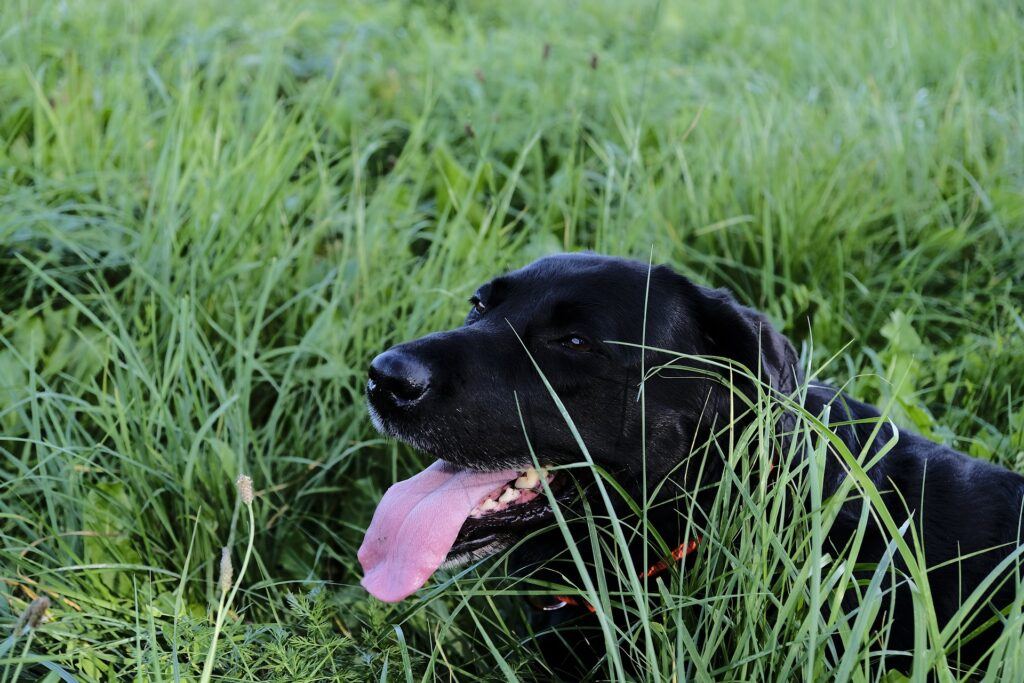
What exactly is a dental ailment?
Veterinarians refer to a range of dental disorders as dental diseases to contribute to poor oral health. Periodontitis, tooth fractures, and infections of the root canals are all included in this category. Although a dog’s breath may seem typical, canines should have odorless breath. Odors are almost the result of dental disease or another ailment.
What causes dental problems in dogs?
The teeth of a healthy dog will be white, and the gums will be pink and shining. When a puppy is first brought home, its teeth will likely be dazzling white. Tartar buildup, on the other hand, causes the teeth of many dogs to turn yellow or brown with time. As it worsens , the gums may swell and get red. Bacteria and food buildup on the teeth over time cause this problem. It is not a natural part of becoming older.
The dental disease will worsen if this plaque is not eliminated. Without treatment, germs will grow to the roots of the teeth, causing the ligaments that hold them in place to weaken and become uncomfortable and unsteady. It’s possible that after germs enter the bloodstream , the risk of heart disease like endocarditis rises dramatically . It’s possible to stop the spread of disease by brushing and flossing your teeth regularly.
What steps can I take to keep my dog’s mouth and teeth healthy?
Can do this with or without dog toothpaste, and either a dog toothbrush or a human toothbrush with soft bristles will work. Gently circularly brush each tooth, paying particular attention to the rear ones. Should educate puppies from an early age to tolerate having their teeth brushed in the same way, young toddlers are taught to do so. Cleaning using a mechanical toothbrush is essential to keep plaque from building up in your dog’s mouth.
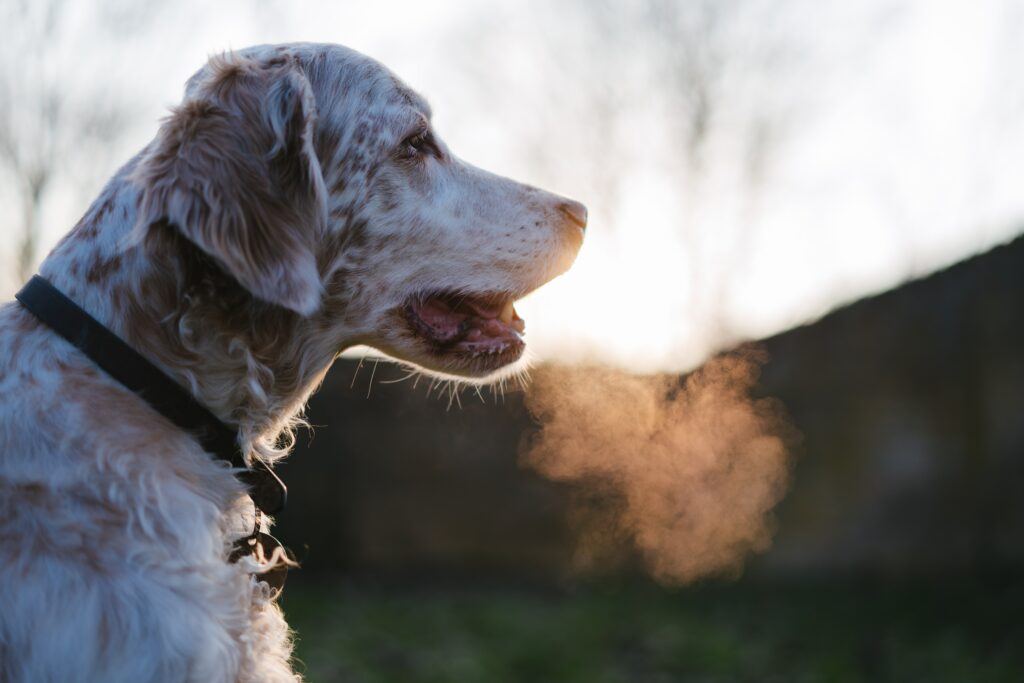
Fishy Dog Breath:
When To Be Concerned, Some characteristics of your dog’s breath can reveal underlying health issues that need medical attention. Dogs with diabetes, for example, may have pleasant breath. The symptoms could indicate kidney illness, but they could also result from your dog eating feces recently. Though fishy dog breath isn’t immediately dangerous, it often necessitates the services of a veterinarian.
The only thing your dog requires is a good cleaning of his teeth . A rotten tooth or an oral injury may cause other symptoms of bad breath, such as nausea or vomiting. May require a dental operation or other medical therapy to address the condition in all of these circumstances.
How To Treat Bad Breath In Your Dog?
Once you’ve determined what’s causing your dog’s breath to smell bad , the solution will be obvious. If your dog has renal, Liver, or diabetic issues, the best strategy to get rid of the foul breath is to treat and manage that condition. If your pet has bad eating habits, keep an eye on what they eat in the house and keep them away from rubbish. There are a few simple actions to take if your foul breath is due to inadequate oral hygiene.
If plaque and tartar have already formed on your dog’s teeth and gums, you may want to invest in professional dental cleaning for your pet. That way, your veterinarian will be able to detect any loose, decaying teeth and perform an extraction if necessary. Gingivitis can be reduced and can reduce foul breath with these cleanings . After this procedure, you may keep your dog’s teeth clean at home by using a dog toothbrush and pet-safe toothpaste regularly.
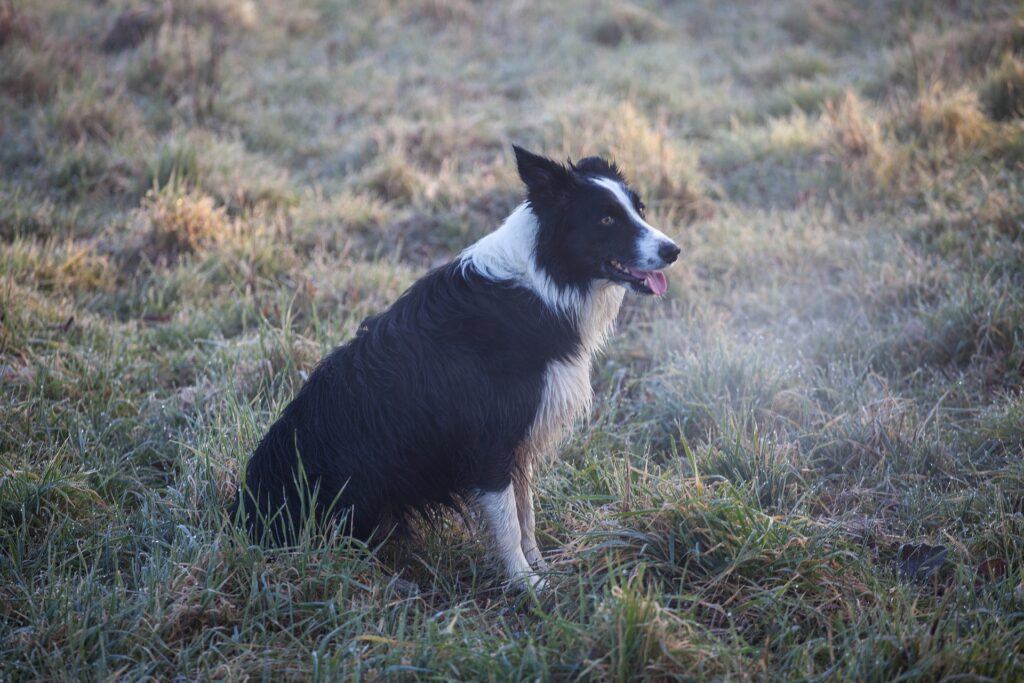
There are also dental dog treats and even dog food designed to clean your dog’s teeth naturally. Combining dental treatment with a regular oral hygiene regimen may help your dog’s foul breath even more. Plaque and tartar formation, which contribute to bad breath, will be slowed down over time. If your dog’s breath stinks, practicing good oral hygiene can help even the most severe cases of foul breath, as well as improve your dog’s overall dental health.

